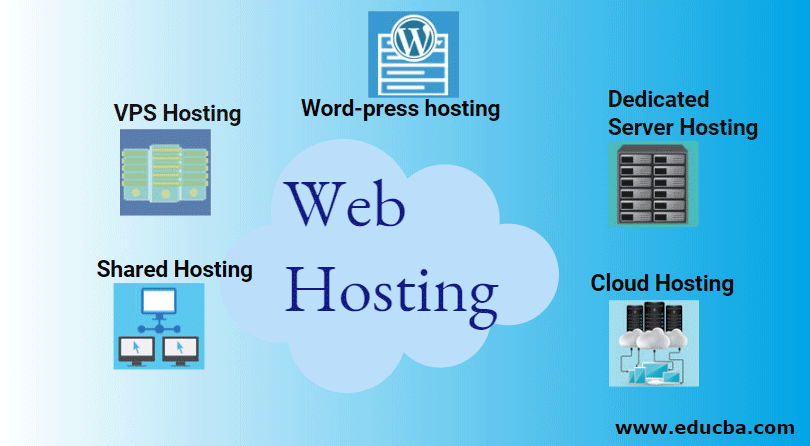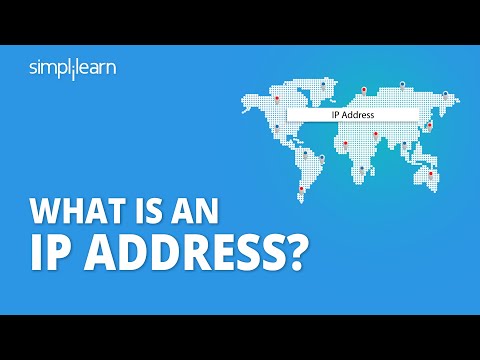
TLS and SSL are two types of encryption protocols. The two types differ in the types of algorithms they use to encrypt data. Both protocols are valuable, but there are significant differences. Let's take a closer look at some of their main differences.
Authentication
SSL and TLS are two protocols that use client authentication to limit access to authenticated users. This authentication prevents attacks from outside sources. It is generally accepted and widely used, although it requires client certificates that must be installed on client machines and applications. This can be time consuming for system administrators and is not particularly intuitive for end users.
The two protocols use different cipher suites to encrypt data. TLS uses an advanced and more powerful set of ciphers. It also has perfect forward secrecy. There are different ways they can communicate warning messages and error conditions. TLS uses encryption to transmit alert messages that can't be read except the intended recipients.

Encryption
SSL and TLS have a fundamental difference in how they encode data. SSL uses asymmetric encrypted encryption (a type of algorithm) to protect data that is transmitted over a network. To protect data, this type of encryption uses both a private key as well as a shared secret. This encryption is reliable and secure because clients and servers agree to these details before any data is sent.
TLS 1.0 has many vulnerabilities, including one called BEAST. The BEAST exploit exploits a well-known TLS 1.0 vulnerability called cipher chaining. This vulnerability allows an attacker to force a server to use weaker 512-bit encryption keys.
Certificates
TLS and SSL certificates can seem confusing, especially if it is your first time using internet protocols. TLS security protocols are more advanced than SSL certificates, which provide the same level in encryption. For those who aren't certain which protocol is best, you can read on to learn more.
SSL and TLS certificates are digital certificates issued from a certificate authority. They are issued to the client with a cryptographic public key. This key is required for a secure connection. The certificate authenticates that the certificate authority is the owner of the public cryptographic key.

Implementation
SSL and TLs are security protocols that provide encryption of internet traffic. These protocols use cryptographic keys which are computed over Protocol messages. They can also be used to verify data integrity. Session keys are used to protect the connection by both client and server. When both parties agree to share encrypted data, a secure connection is established.
Both SSL and TLS are widely implemented in free and open source software projects. Some common implementations of these protocols are OpenSSL and CyaSSL, which are libraries that are embedded into many popular web browsers. Many software projects use these libraries to support SSL and TLs. These libraries support SSL/TLS over TCP, which is a reliable datagram oriented transport protocol.
FAQ
How much does it cost to build a website?
The answer to that question depends on the purpose of your website. Google Sites might be free if your website is limited to information about you or your company.
You will likely need to spend more if you want to attract people to your site.
The most common solution is to use Content Management Systems (like WordPress). These programs can be used to build a website quickly and easily without having to know any programming. And because third-party companies host these sites, you won't need to worry about getting hacked.
Another way to build a website is to use a service called Squarespace. There are a number of plans available, with prices ranging from $5 per Month to $100 Per Month depending on the features you wish to add to your website.
What technical skills do I need to design and construct my site?
No. It doesn't matter what HTML or CSS you know. Online tutorials can be found that cover both HTML and CSS.
Can I use HTML & CCS to build my website?
Yes, you can! It is possible with basic knowledge of web design, programming languages like HTML (Hyper Text Markup Language), CSS (Cascading style Sheets), and HTML (Hyper Text Markup Language). These languages can be used to create websites which can then be viewed by everyone who has an internet connection.
Where can I find freelance web developers?
You can find freelance web designers and developers in several places. These are some of the best choices:
Freelance Sites
These sites offer job postings for freelance professionals. Some have very strict requirements, while some don't care which type of work it is.
Elance has many high-quality positions for writers, programmers (programmers), editors, translators and managers.
oDesk offers similar features but focuses on software development. They have job opportunities in PHP. Perl. Java. C++. Python. JavaScript. Ruby. Android. And.NET developers.
Another option is oWOW. Their site focuses on graphic and web designers. They also offer video editing services such as writing, programming SEO and social media management.
Forums Online
Many forums let members post jobs and advertise. For example, there's a forum dedicated to web developers called DeviantArt. A list of threads will appear if you type "web developer” in the search box.
What platform is the best to design a site?
WordPress is the best platform for creating websites. It comes with all the tools you need for creating a professional website.
Themes can be easily customized and installed. There are many themes to choose from online.
Plugins can be used to enhance functionality. These plugins enable you to add social media buttons and forms to your contact pages.
WordPress is easy to use. You don't have to know HTML code to change your theme files. All you need to do is click on an icon and select what you want to change.
Although there are many platforms out there, I prefer WordPress. It's been around since the beginning and is still being used by millions of people worldwide.
Statistics
- Is your web design optimized for mobile? Over 50% of internet users browse websites using a mobile device. (wix.com)
- Studies show that 77% of satisfied customers will recommend your business or service to a friend after having a positive experience. (wix.com)
- The average website user will read about 20% of the text on any given page, so it's crucial to entice them with an appropriate vibe. (websitebuilderexpert.com)
- Did you know videos can boost organic search traffic to your website by 157%? (wix.com)
- At this point, it's important to note that just because a web trend is current, it doesn't mean it's necessarily right for you.48% of people cite design as the most important factor of a website, (websitebuilderexpert.com)
External Links
How To
What is website hosting?
Website hosting refers to where people go when they visit a website. There are two types.
-
Shared Hosting - This is your cheapest option. Your website files reside in a server managed by another company. Customers visiting your website send their queries over the Internet, to that server. The request is sent to the server's owner who then passes it on to you.
-
Dedicated hosting - This is the most expensive option. Your website will reside on a single server. There are no other websites sharing space on the server. Your traffic remains private.
Because shared hosting is more affordable than dedicated hosting, most businesses opt for it. You can use shared hosting if the company owns the server to provide the resources required for your website.
There are pros and disadvantages to each option. Here are the differences:
Shared Hosting Pros
-
Lower Cost
-
Easy To Set Up
-
Frequent Updates
-
It can be found at many web hosting providers
Shared hosting is often as cheap as $10 per month. Remember that shared hosting usually comes with bandwidth. Bandwidth is how much data you can transfer to the Internet. So even if you only upload photos to your blog, you may still pay extra money for high amounts of data transferred through your account.
You'll soon realize why your old host cost so much once you get started. The majority of shared hosts offer limited customer support. Although their techs may help you with setting up your site, it's not a common practice.
It is important to find a provider that provides 24-hour support. They'll take care of any issues that come up while you sleep.
Hosting dedicated:
-
More Expensive
-
Less Common
-
Requires specific skills
You're getting everything you need with dedicated hosting to operate your website. You won’t need to worry whether you have enough bandwidth or enough RAM (random address memory).
This means that you'll spend a bit more upfront. Once you get started with your online business, you will find that you don't require much technical support. You'll be able to manage your servers effectively.
Which Is Better For My Business:
The answer to this question depends on which type of website you wish to create. If you only want to sell products, then shared hosting might be the best choice. It's easy to set up and maintain. Because you share a server, you will most likely receive frequent updates.
However, dedicated web hosting is the best way to build a community around you brand. Instead of worrying about your traffic, you can build your brand while still being able to concentrate on your business.
Bluehost.com has both. Bluehost.com provides unlimited monthly data transfer, 24/7 support, free domain registration and a 30-day money back guarantee.